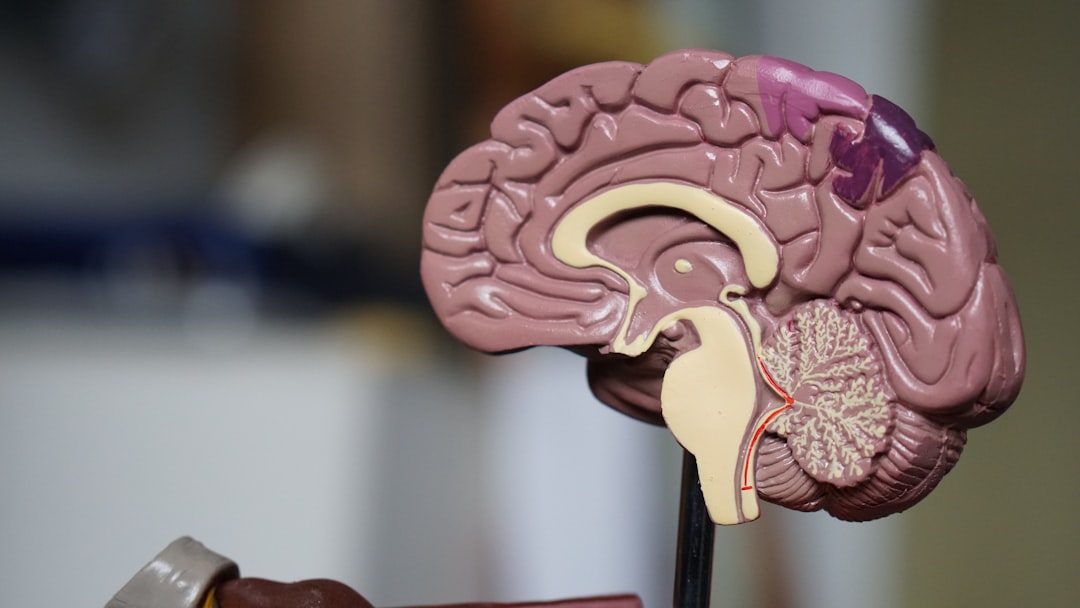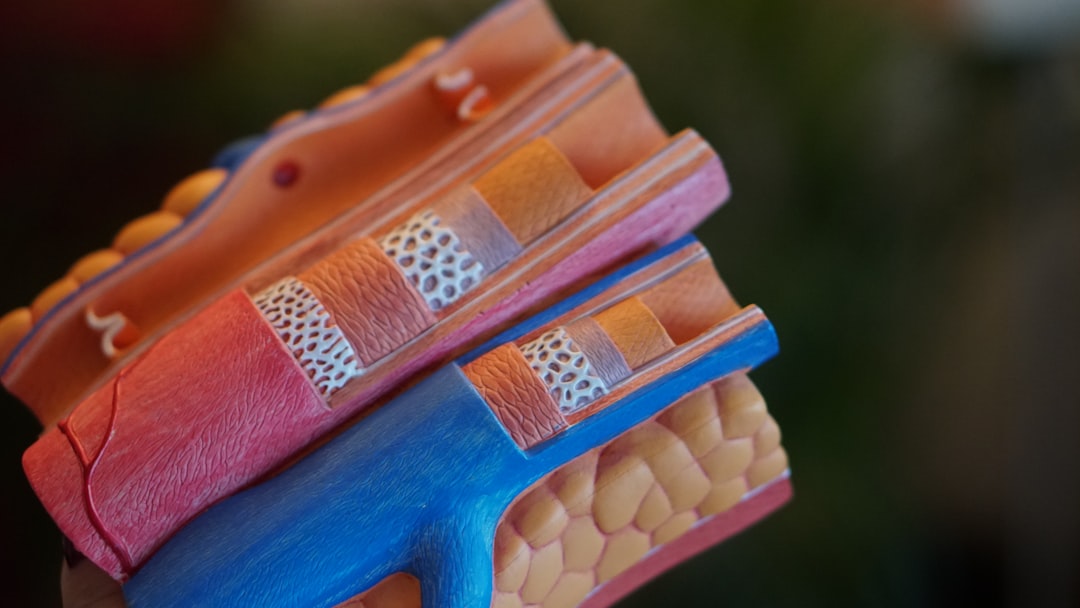What is it about?
The process of cell division ensures that each daughter cell gets a complete copy of the replicated parental DNA, a failure of which leads to genetic diseases like cancer. Centrosomes are organelles that anchor the mitotic spindle apparatus and help to accurately segregate the replicated DNA content. However, multiple tumors show centrosome amplification which leads to alterations in the amount of DNA inherited by tumor cells and centrosome amplification is correlated with advanced tumor grade and poor clinical outcome. Cancer cells cluster centrosomes to either poles undergoing pseudo-bipolar divisions thereby limiting the massive DNA loss and subsequent cell death observed in cells undergoing multipolar division. We observed that loss of 14-3-3γ leads to decreased stiffness due to defects in cell-cell adhesion hence undergoing pseudo-bipolar division whereas cells with a loss of 14-3-3ε underwent multipolar division.
Featured Image

Photo by National Cancer Institute on Unsplash
Why is it important?
Decreased cell-cell adhesion is a phenotype associated with tumor cells. These results suggest that the ability of the desmosome to anchor keratin filaments maintains cell stiffness, thus inhibiting centrosome clustering, and that phenotypes observed upon 14-3-3 loss reflect the dysregulation of multiple pathways and studying how different pathways are affected by the loss of a single gene can identify mechanisms underlying tumor progression.
Read the Original
This page is a summary of: Disruption of desmosome function leads to increased centrosome clustering in 14‐3‐3γ‐knockout cells with supernumerary centrosomes, FEBS Letters, October 2021, Wiley,
DOI: 10.1002/1873-3468.14204.
You can read the full text:
Contributors
The following have contributed to this page










